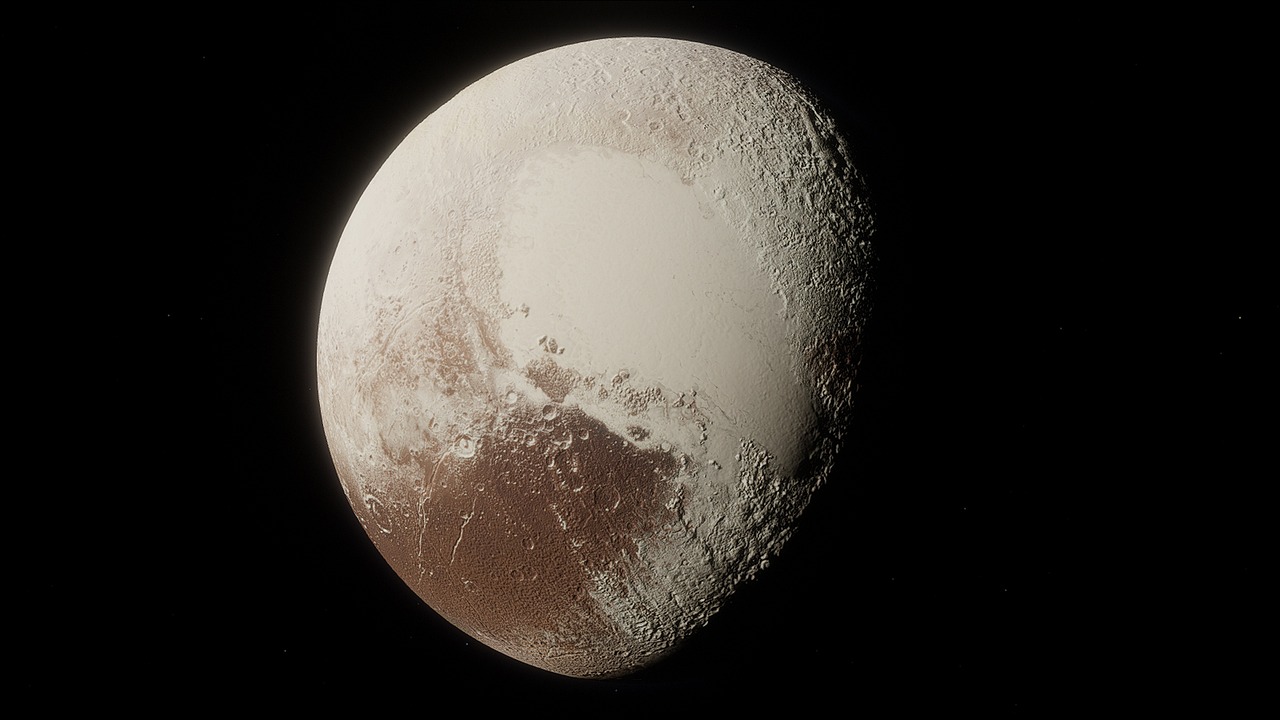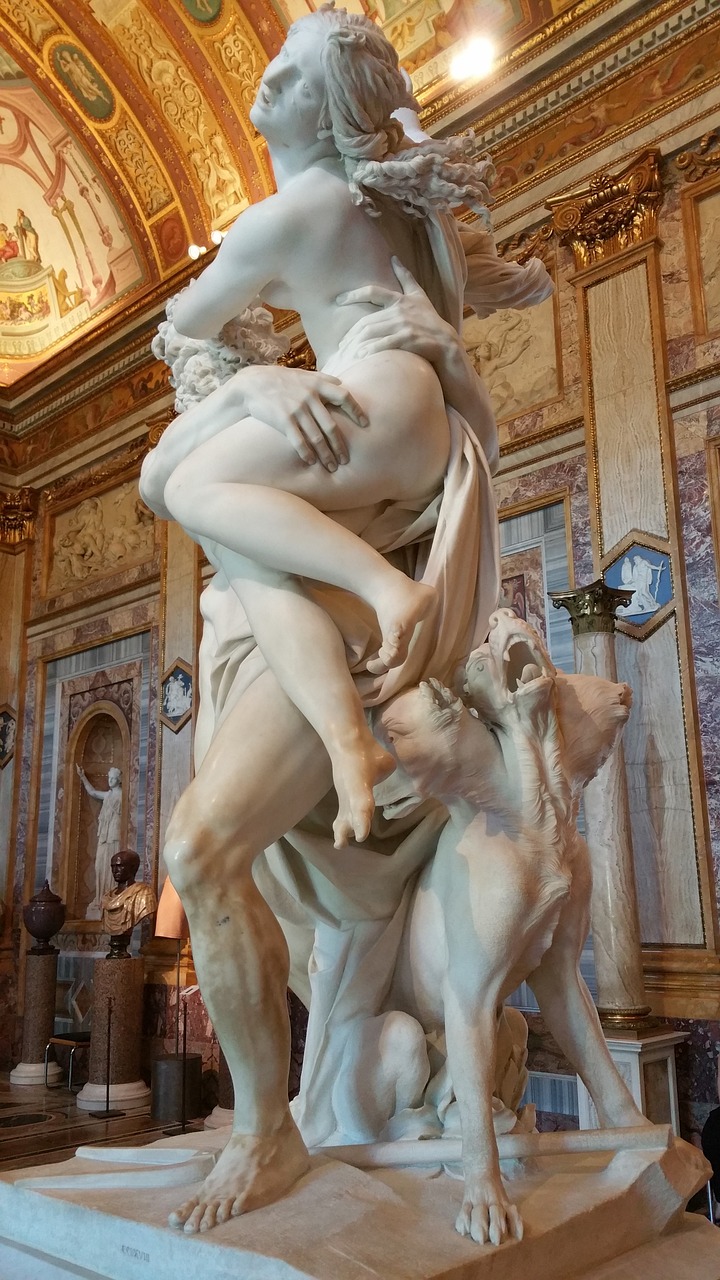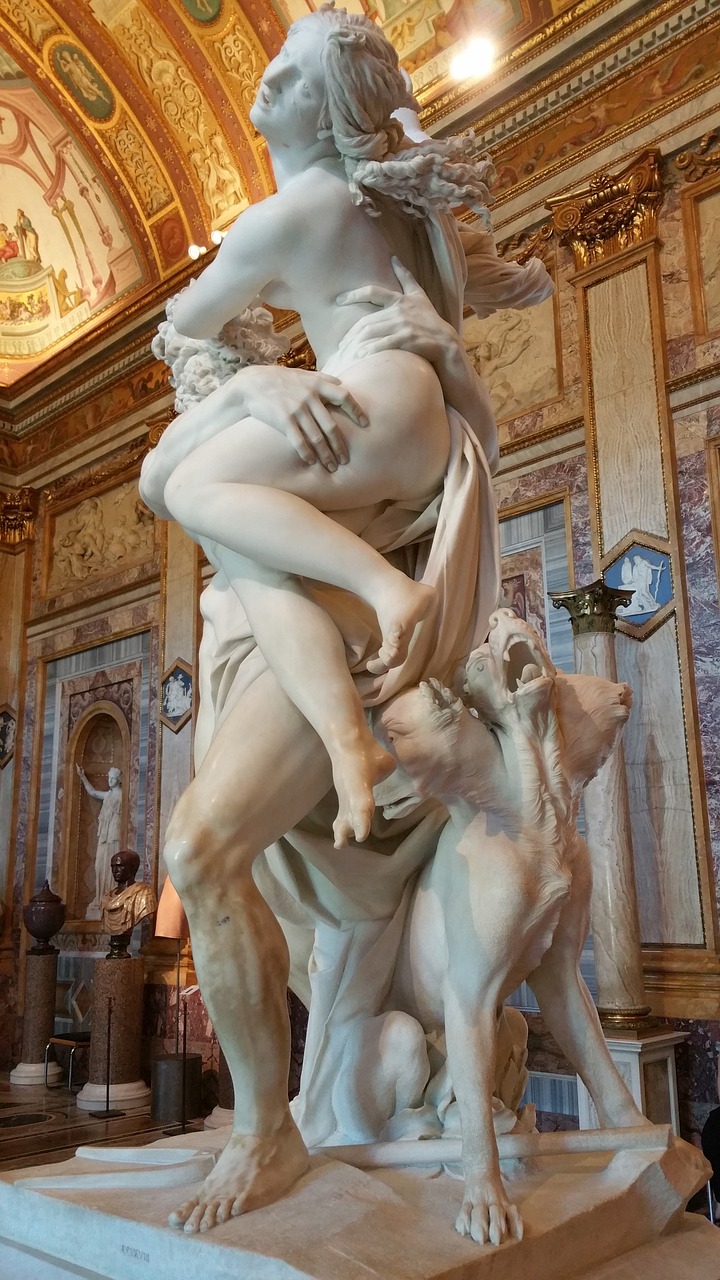Tag: Proserpina
-
Pluto, the Roman god of the Underworld, has an intricate mythology akin to his Greek counterpart, Hades. Choosing to reside in the realm of the dead rather than participate on Olympus with the other deities, Pluto embodies themes of life, death, and the human fear of the unknown. Family and Divine Hierarchy Born to the…
-
The story of Proserpina and Pluto, found in Ovid’s “Metamorphoses,” narrates a troubling tale of the god of the Underworld seizing the harvest goddess Ceres’ daughter in a non-consensual act. This event was initiated when Cupid, fulfilling Venus’s orders, struck Pluto with a golden arrow, creating an irresistible attraction. Venus, believing in her ability to…
-
Introduction to Ceres: The Roman Goddess of Agriculture Ceres, the Roman goddess of grain and agricultural fertility, encompasses broader connections with femininity, motherhood, the underworld, civil order, and the defense of the plebeians. A significant aspect of her mythology aligns closely with the Greek goddess Demeter, particularly in her narrative of mourning for her daughter,…
-
Ceres, revered as the goddess of agriculture and harvest in Roman mythology, wielded great influence over crop abundance and fertility. She was both a nurturer and a punisher: her blessings ensured bountiful harvests, while her anger could lead to famine or droughts. Often portrayed as a matronly figure, Ceres was typically associated with symbols such…
-
Overview of Pluto: The Roman God of the Underworld Pluto stands as the principal chthonic deity in Roman mythology, reigning over the dead and governing the underworld. Known for his formidable presence and influence, Pluto shapes the destinies of mortals and dispenses fortune. As the overseer of subterranean realms, he governs valuable minerals, ores, and…
-
In Roman mythology, the goddess Proserpina, known as Persephone in Greek traditions, governs the essence of the seasons as well as the underworld. Her influence extends beyond just Roman lore, impacting various cultures and belief systems. The narrative of her abduction by Pluto and her subsequent reign as the underworld’s queen illustrates her duality—ruling both…







